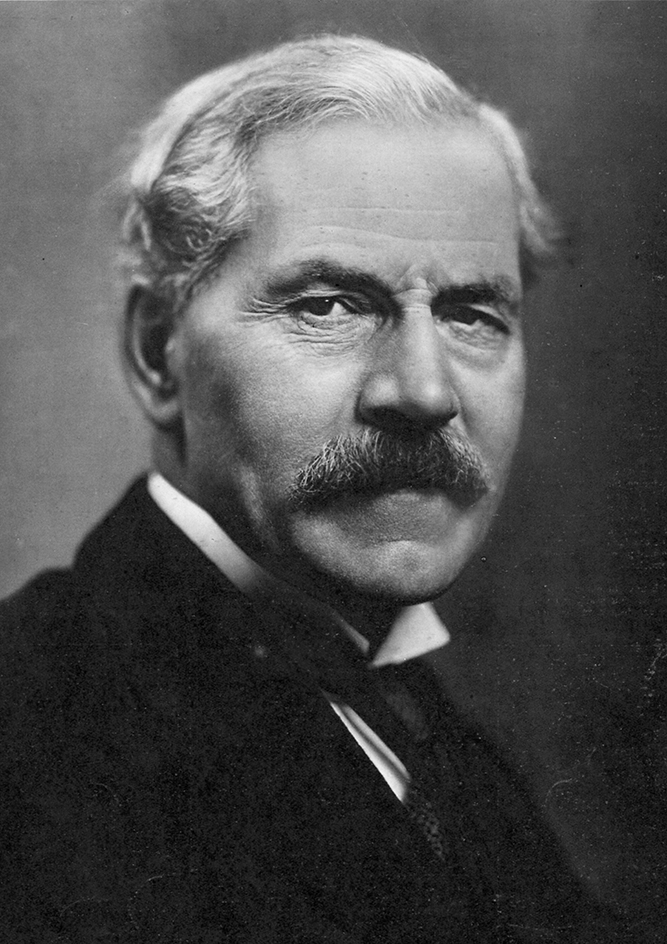MacDonald, James Ramsay (1866-1937), served as the first Labour Party prime minister of the United Kingdom in 1924. He was also prime minister from 1929 to 1935. MacDonald was secretary of the United Kingdom’s Labour Party from the party’s origin in 1900 until 1912.

MacDonald entered Parliament in 1906 as a representative for Leicester in the House of Commons. As Labour Party leader, he opposed England’s entry into World War I (1914-1918). His stand met considerable opposition within his own party. His pacifism resulted in his defeat for reelection to Parliament in 1918. But he was elected in 1922 and became prime minister in January 1924. MacDonald remained in office for only 10 months. He was defeated, in part, because his government was considered too friendly toward the Soviet Union. MacDonald accepted, but did not wholeheartedly support, the 1926 general strike on behalf of coal miners faced with reduced wages and longer working hours.
The Labour Party won the general election of 1929, and MacDonald formed his second government as prime minister. It achieved considerable success in international affairs. Diplomatic relations with the Soviet Union were resumed. MacDonald visited the United States to discuss with President Herbert Hoover proposals for naval reduction. He became chairman of the London arms conference in 1930. But MacDonald was unable to deal effectively with rapidly rising unemployment, and his government resigned in August 1931. MacDonald continued as prime minister, heading a national coalition government of Labour, Conservative, and Liberal Party members. A large majority of the Labour members of Parliament disapproved of his move. The Conservatives held an overwhelming majority in the government. They overshadowed MacDonald. Stanley Baldwin replaced him as prime minister in 1935.
James Ramsay MacDonald was born on Oct. 12, 1866, in the Scottish seaside village of Lossiemouth, Morayshire. He was the son of John MacDonald and Anne Ramsay. Young James left school at the age of 13 to help support his family. Six years later, he went to London and worked as a clerk, accountant, and newspaper writer. MacDonald read widely in the fields of science, history, and economics. He was a member of the Fabian Society, a group of British socialists. Fabian ideas became the basis of the Labour Party. MacDonald was married to Margaret Ethel Gladstone. They had six children. MacDonald died on Nov. 9, 1937, on an ocean liner while crossing the Atlantic.
